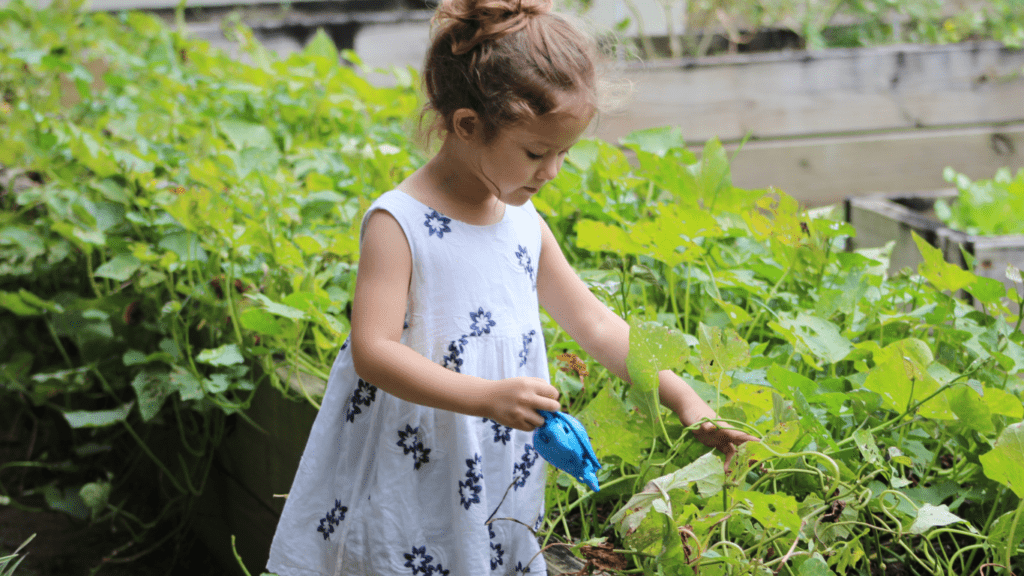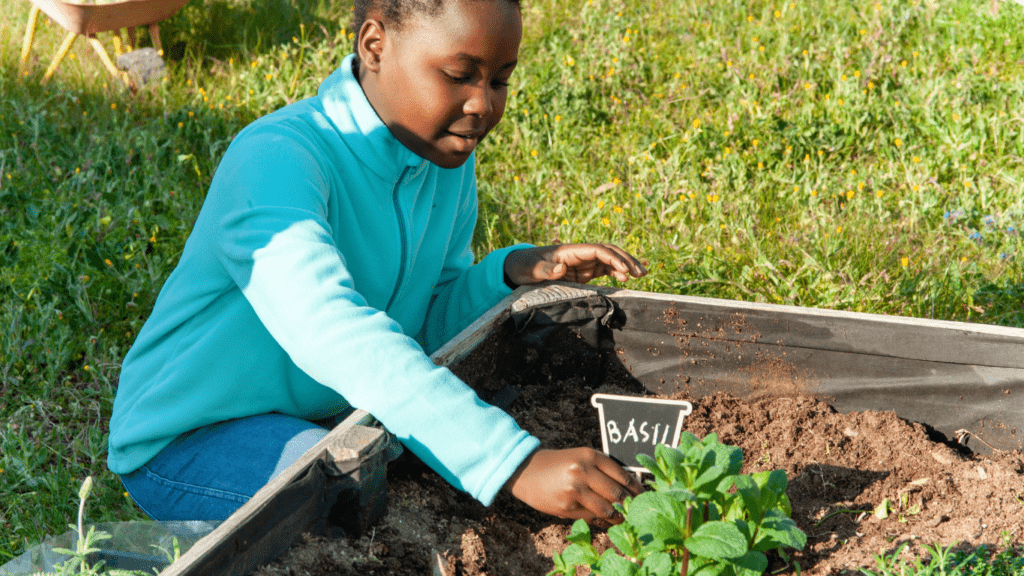In today’s fast-paced world, maintaining a strong immune system is crucial for overall well-being. As an avid urban gardener, I’ve discovered a powerful ally in boosting immunity right in my own backyard. Urban gardening isn’t just about growing fresh produce; it’s a holistic approach to health that can significantly enhance our body’s defenses.
From cultivating nutrient-rich vegetables to fostering a connection with nature, urban gardening offers a myriad of benefits for immune health. In this article, I’ll delve into the science behind how gardening in urban settings can fortify our immune systems and provide practical tips for incorporating this wellness practice into our daily lives. Let’s explore how a simple activity like tending to a garden can have profound effects on our health and well-being.
Benefits of Urban Gardening for Immunity
Urban gardening offers numerous benefits that can significantly enhance our immune systems. Let’s delve into how this practice positively impacts our health.
Exposure to Microorganisms
Exploring urban gardening exposes me to a diverse array of beneficial microorganisms that can bolster my immune system. The rich soil in urban gardens teems with microbes that can strengthen my body’s defenses.
Access to Fresh Produce
By engaging in urban gardening, I ensure a direct and immediate supply of fresh produce rich in essential nutrients. Harvesting and consuming fruits and vegetables from my garden provides me with vitamins and minerals vital for supporting a robust immune system.
Key Components of a Healthy Immune-Boosting Garden
When it comes to creating a garden that supports a robust immune system, certain key components play a crucial role in maximizing the benefits. Understanding the best plants for immune support and maintaining soil health and nutrition are essential factors to consider in your urban gardening endeavor.
Best Plants for Immune Support
Incorporating specific plants known for their immune-boosting properties can significantly enhance the overall health benefits of your garden. Plants like echinacea, garlic, and ginger are renowned for their immune-strengthening qualities. Echinacea, for example, is rich in antioxidants that help combat oxidative stress in the body, while garlic and ginger have antimicrobial properties that can aid in fighting off infections. By including these plants in your garden, you can create a natural pharmacy of immune-supportive remedies right at your fingertips.
Soil Health and Nutrition
The foundation of a thriving garden lies in the health of its soil. Ensuring that your soil is nutrient-rich and well-balanced is essential for cultivating plants that promote immune health. Incorporating organic compost and mulch can help enrich the soil with essential nutrients and improve its structure, creating an optimal growing environment for your immune-boosting plants. Additionally, testing your soil regularly and adjusting its pH levels as needed can further support the overall vitality of your garden and the immune-boosting properties of the plants it nurtures.
Steps to Start an Immune-Boosting Urban Garden
Starting an immune-boosting urban garden is an exciting journey that can significantly enhance your overall health and well-being. Here are some essential steps to kickstart your garden successfully:
- Planning Your Space
To begin, assess the available space in your urban environment to determine the best location for your garden. Whether it’s a small balcony, rooftop, or backyard, optimizing sunlight exposure is key for the plants’ growth. Consider the amount of natural light and shade the area receives throughout the day to select the most suitable spot for your immune-boosting garden. - Choosing the Right Tools and Resources
When embarking on your gardening venture, invest in high-quality tools and resources to ensure your plants thrive. Essential items include durable gardening gloves, a hand trowel, a watering can or hose, and nutrient-rich soil or compost. Opt for organic fertilizers and pest control methods to maintain a healthy environment for your immune-strengthening plants. Research local gardening stores or online suppliers to find the best tools and resources tailored to your specific gardening needs.
Challenges and Solutions in Urban Gardening
Navigating urban gardening comes with its own set of challenges, but with strategic planning and solutions, one can overcome them effectively. Here are some common hurdles and ways to address them:
Limited Space Issues
In urban environments, space is often a luxury. However, vertical gardening techniques like using trellises or wall planters can maximize space utilization. Additionally, opting for compact or dwarf plant varieties allows for cultivation in confined areas. Raised beds and container gardening are also efficient solutions for growing a variety of immune-boosting plants in limited spaces.
Pollution Effects on Plant Health
Urban areas are susceptible to pollution, which can impact plant health. To mitigate this, consider installing air-purifying indoor plants that thrive in low-light conditions. Implement proper ventilation systems or use air filters indoors to maintain a healthy growing environment. Regularly cleaning plant leaves and providing adequate watering can also help plants combat the effects of pollution and thrive in urban settings.

 Carolyna Riteralo is a passionate contributor to the project, focusing on sustainable urban development. With her background in architecture and urban planning, she provides valuable perspectives on integrating green spaces and eco-friendly designs into urban environments. Carolyna works collaboratively with the team to implement strategies that enhance community well-being and foster a connection with nature. Her dedication to creating greener cities makes her a vital member of the project, as she helps shape initiatives that promote resilience and improve the quality of urban life.
Carolyna Riteralo is a passionate contributor to the project, focusing on sustainable urban development. With her background in architecture and urban planning, she provides valuable perspectives on integrating green spaces and eco-friendly designs into urban environments. Carolyna works collaboratively with the team to implement strategies that enhance community well-being and foster a connection with nature. Her dedication to creating greener cities makes her a vital member of the project, as she helps shape initiatives that promote resilience and improve the quality of urban life.